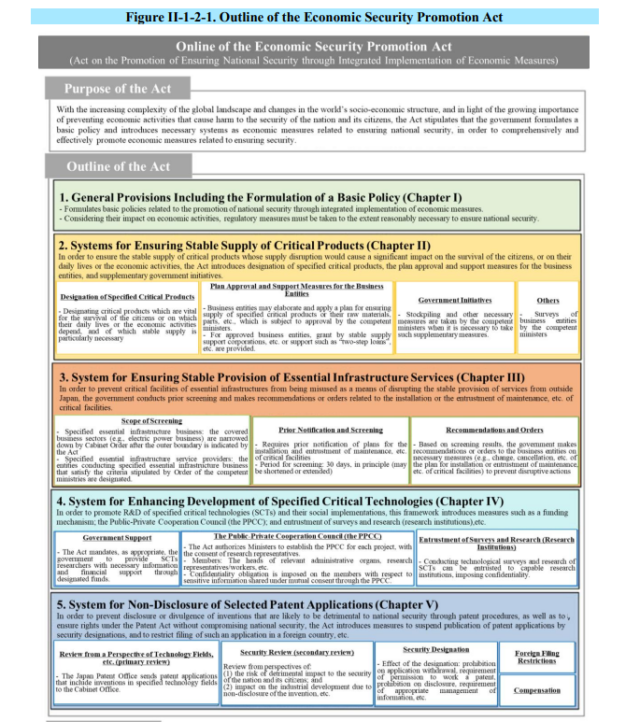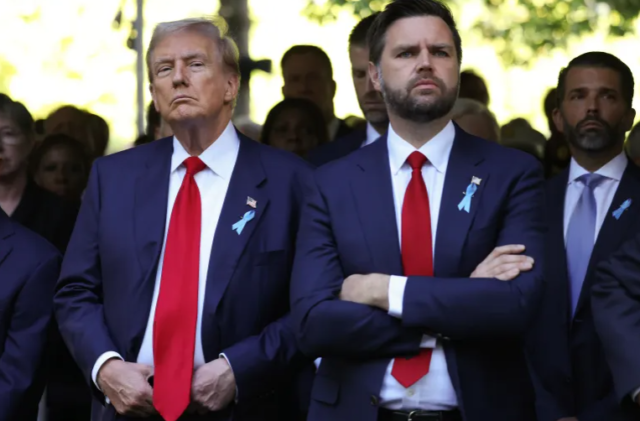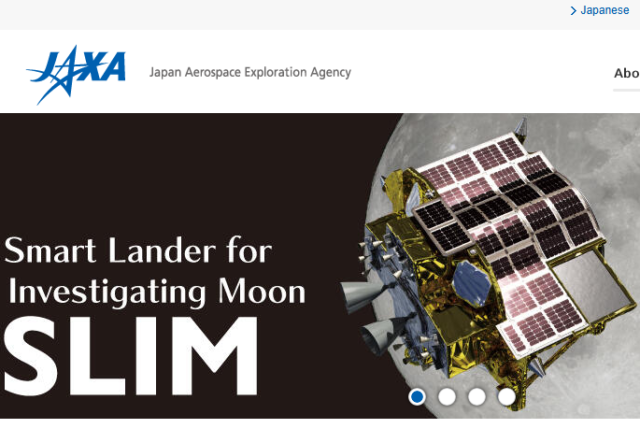As far as I know in the Japan market, Huawei has been doing good business in Smart Watch market. the business is quite leapfrog and the reputation is that far exceeded our expectation. Huawei’s decision to open a large-scale research and development (R&D) campus in Shanghai comes as the United States imposes all-encompassing technology restrictions on China. Before I recognized Huawei is 5G CU/DU component supplier. The Chinese company, Huawei, which has been subjected to the full force of U.S. sanctions, fade away, has decided to escape from the crisis by building a large-scale R&D complex. The atmosphere is one of increasingly intense competition between the U.S. and China for dominance in advanced technology fields such as semiconductors and artificial intelligence (AI).
Huawei is now focused on bringing in Western talent to make North American research centers recruitment hubs in order to attract the best U.S. talent, the company must accept the annual salary level of the U.S. market. Huawei’s North American Research Center is located in Santa Clara, California.Huawei also issued a global recruitment announcement through social networking services (SNS) in July. There are no restrictions on school or educational background, and applicants need only special achievements in fields such as mathematics, physics, chemistry, and AI to be eligible for support. The starting salary is up to 41,600,000(JPY).Huawei’s emphasis on attracting talent is not unrelated to the U.S. technology sanctions that have been in place for several years. The sanctions are likely to proliferate in various industries, including semiconductor-AI, and Huawei, China’s “big tech” company, has no choice but to take the lead in China’s technological independence.
Meanwhile, the U.S. government has decided to go beyond strengthening industrial competitiveness and treat AI at the level of national security.U.S. President Joe Biden signed an AI National Security Memorandum of Understanding (MOU) on April 24 (local time), which includes guidelines and agency-specific implementation items necessary for the U.S. to maintain its leading position in the field of AI and use AI responsibly for the sake of national security. The goal is to strengthen the U.S. competitiveness in the development and use of advanced AI and to ensure that China and other adversaries cannot use AI to harm U.S. national security.
U.S. government is in the final stages of finalizing legislation to restrict advanced technology investments in China, which it intends to unveil soon. The U.S. Treasury Department plans to require the government to be notified of any investment in China in sensitive technology areas that can be used for military technology development, such as AI, semiconductors, and quantum computing,
Weaknesses have also become apparent in a string of U.S. advanced technology regulations against China. Taiwan’s TSMC, the world’s largest foundry (semiconductor contract manufacturer), recently discovered that chips it supplied to a client company were ultimately used in Huawei products.

-
2024, Japan slowly promote Economic Security Promotion Act
-
Who is the man targeting Trump’s mobile confidential data?
この記事を書いた人 Wrote this article
Chris Nakagawa
Biographical Info: -Building international financial networks, head of IT infrastructure projects including networks. -Involved in international financial infrastructure consulting, operational design for a major telecom company in Hong Kong. - Experience as a security analyst, providing integrated security system solutions. - Expertise advisory services for planning security countermeasures against advanced cyber attacks, as well as supervisory services focusing on incident response. - Advisory for CISO/CTO/CEO security guidelines / policy creation. - Supervising for SOC/CSIRT - Speaker at international conferences, author of numerous books, etc. - Certification : CISSP/GIAC/GCIA/CEH





